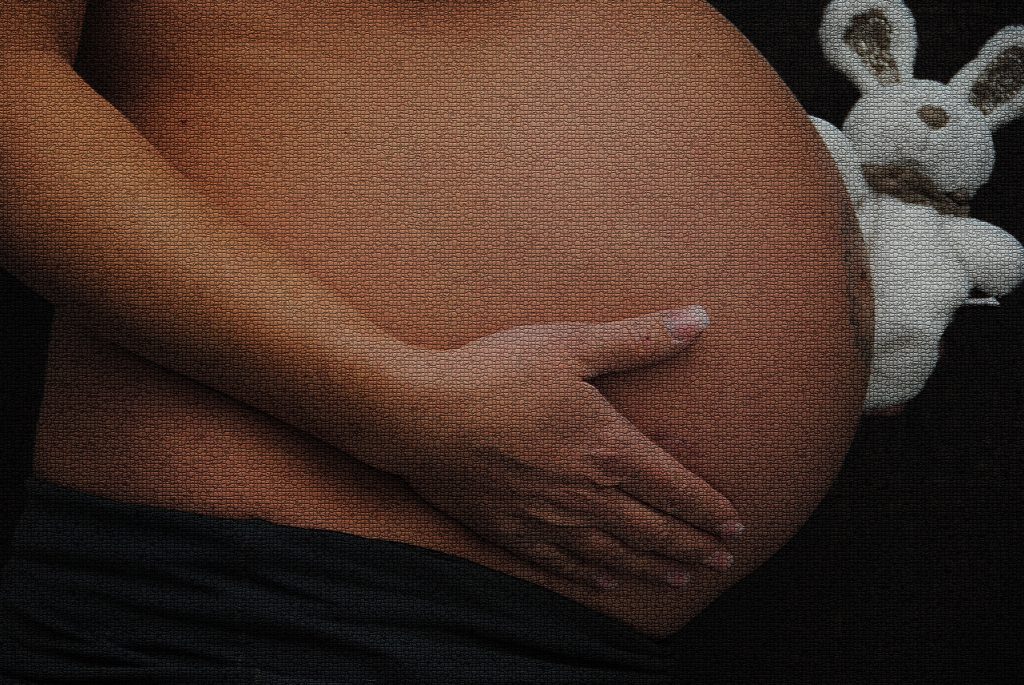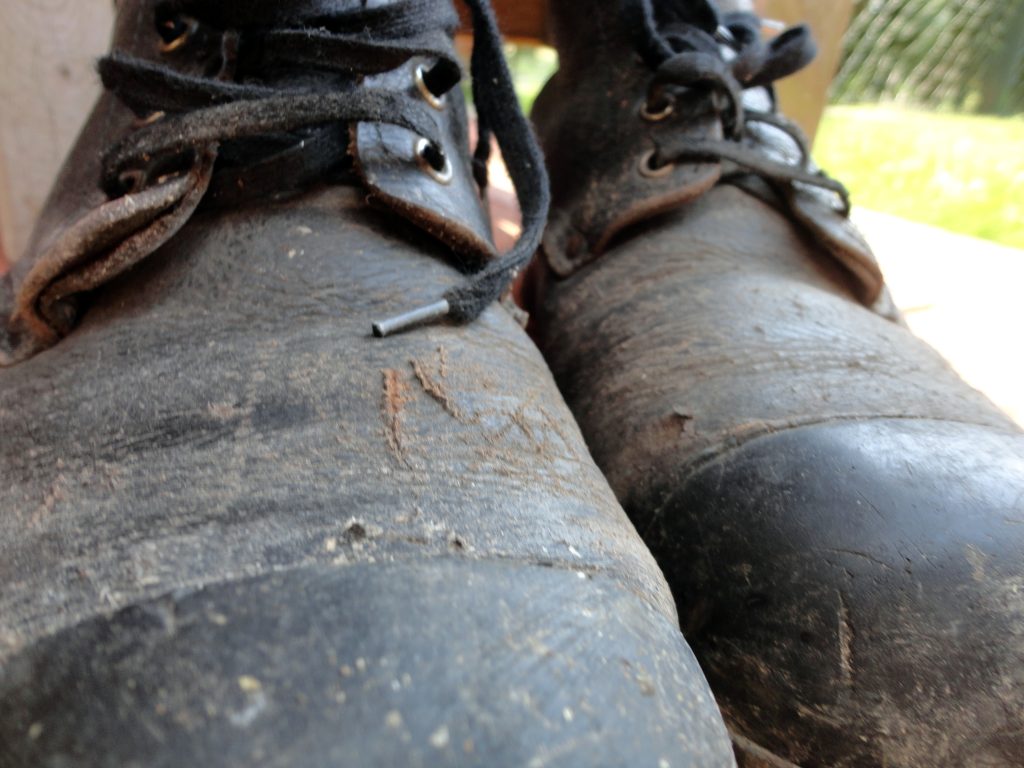 The discovery process of litigation is vital to a well-informed judgment rendered by the court. But discovery can be halted, disrupted, or dismantled by various motions. Finding and gathering all the necessary information in a lawsuit is incredibly important for all sides. Still, it requires showing a need for that information and the presence of facts in dispute. Identifying and presenting disputed facts of a case is necessary to help protect your case from a summary judgment dismissal.
The discovery process of litigation is vital to a well-informed judgment rendered by the court. But discovery can be halted, disrupted, or dismantled by various motions. Finding and gathering all the necessary information in a lawsuit is incredibly important for all sides. Still, it requires showing a need for that information and the presence of facts in dispute. Identifying and presenting disputed facts of a case is necessary to help protect your case from a summary judgment dismissal.
Heniff Transportation, LLC (“Heniff”) was a licensed professional truck driver transporting dangerous chemicals. One of the plaintiffs, Carl Davis, was a self-employed independent contractor working for Heniff. During this work, Carl attempted delivery of a tank of hydrochloric acid to GEO Specialty Chemicals (“GEO”). GEO personnel found defects in the tank, which Heniff owned. To address the defect, Heniff directed Carl to have Bastrop Tank Wash (“Bastrop”) repair the tank. Bastrop allegedly repaired the tank, but when Carl and GEO later began transferring the hydrochloric acid from the tank, the allegedly repaired hose ruptured, hydrochloric acid escaped from the fittings, and Carl’s required protective gear was knocked off his body. As a result, Carl suffered injuries to his eyes, face, and body.
Carl and his wife, April, sued Heniff, Bastrop, GEO, Sparta Insurance (later replaced by Arch Insurance), ABC Insurance, and DEF Insurance, for damages and loss of consortium. In response, Bastrop filed for summary judgment, arguing that the part of the exploded hose was not a part that Bastrop repaired.
 Louisiana Personal Injury Lawyer Blog
Louisiana Personal Injury Lawyer Blog


 Owning property is not easy, especially when you have to share ownership with multiple individuals. Co-ownership can present challenging issues, especially when one owner wants to make renovations or sell the property. This case examines a dispute among family members involving property in the Parish of St. Bernard in Louisiana.
Owning property is not easy, especially when you have to share ownership with multiple individuals. Co-ownership can present challenging issues, especially when one owner wants to make renovations or sell the property. This case examines a dispute among family members involving property in the Parish of St. Bernard in Louisiana.  In the face of the profound loss that accompanies the passing of a family member, the impact can be particularly agonizing when that loss follows the anticipation of medical intervention, such as a transplant. The immediate inclination might be to explore legal avenues through a medical malpractice claim, yet the determination of whether negligence played a role can be an intricate matter for the average individual. This Louisiana case shows how important it can be to obtain expert testimony to help show malpractice occurred.
In the face of the profound loss that accompanies the passing of a family member, the impact can be particularly agonizing when that loss follows the anticipation of medical intervention, such as a transplant. The immediate inclination might be to explore legal avenues through a medical malpractice claim, yet the determination of whether negligence played a role can be an intricate matter for the average individual. This Louisiana case shows how important it can be to obtain expert testimony to help show malpractice occurred.  Imagine waking up one day and finding yourself out of a job simply because you are pregnant. This was the reality for Eryon Luke, as she claimed that her former employer, CPlace Forest Park SNF, LLC, fired her due to her pregnancy. This case, which attracted significant attention in legal circles, presents a deep dive into pregnancy discrimination lawsuits, exploring the application of state and federal laws and their impact on the employer-employee relationship.
Imagine waking up one day and finding yourself out of a job simply because you are pregnant. This was the reality for Eryon Luke, as she claimed that her former employer, CPlace Forest Park SNF, LLC, fired her due to her pregnancy. This case, which attracted significant attention in legal circles, presents a deep dive into pregnancy discrimination lawsuits, exploring the application of state and federal laws and their impact on the employer-employee relationship. Should an employer continue to pay for work-related injuries even after an employee has “fully recovered”? At issue is a decision that terminated an employee’s entitlement to certain benefits. After the employee suffered a work-related injury and received temporary total disability benefits, her former employer, The Walgreen Company, filed a motion to modify the judgment. This led to litigation and a subsequent appeal.
Should an employer continue to pay for work-related injuries even after an employee has “fully recovered”? At issue is a decision that terminated an employee’s entitlement to certain benefits. After the employee suffered a work-related injury and received temporary total disability benefits, her former employer, The Walgreen Company, filed a motion to modify the judgment. This led to litigation and a subsequent appeal. Before accepting a job, it is essential to review all policies provided to you by your potential employer, as these policies may not always be in your best interest. The following East Baton Rouge case demonstrates what may or may not be considered a “wage” payable at the end of employment.
Before accepting a job, it is essential to review all policies provided to you by your potential employer, as these policies may not always be in your best interest. The following East Baton Rouge case demonstrates what may or may not be considered a “wage” payable at the end of employment.  Imagine being wrongfully arrested and seeking justice for the harm caused. This was the situation for Joe Bridges III, Jordan M. Bridges, and Branden J. Herring, who filed a lawsuit for damages after an arrest on July 30, 2011. The plaintiffs initiated the lawsuit by filing a petition for damages on July 20, 2012. The defendants named in the petition included the Baton Rouge Police Department, the City of Baton Rouge, and several individual police officers.
Imagine being wrongfully arrested and seeking justice for the harm caused. This was the situation for Joe Bridges III, Jordan M. Bridges, and Branden J. Herring, who filed a lawsuit for damages after an arrest on July 30, 2011. The plaintiffs initiated the lawsuit by filing a petition for damages on July 20, 2012. The defendants named in the petition included the Baton Rouge Police Department, the City of Baton Rouge, and several individual police officers. The challenges posed by mental and physical disabilities can place immense strain on families, particularly when the affected individual is unaware or unable to acknowledge their condition. When individuals face difficulties managing their health, personal matters, finances, and business affairs due to mental incapacity, they must take legal steps to protect their interests. During such trying times, the guidance of a skilled lawyer can alleviate some of the pain and stress that families experience.
The challenges posed by mental and physical disabilities can place immense strain on families, particularly when the affected individual is unaware or unable to acknowledge their condition. When individuals face difficulties managing their health, personal matters, finances, and business affairs due to mental incapacity, they must take legal steps to protect their interests. During such trying times, the guidance of a skilled lawyer can alleviate some of the pain and stress that families experience.  It’s pretty common for large corporations to conduct business across multiple state lines. So, too, it’s expected that employees for these types of companies will also have connections with multiple states based on their employment with the corporation. In these situations determining which state and Court has jurisdiction over legal claims when such issues arise can become an incredibly fact-specific inquiry. This was the case for one Workers’ Compensation Judge (“WCJ”), who found that the Office of Workers’ Compensation (“OWC”) located in Lafayette, Louisiana had subject matter jurisdiction to decide the legal claims of a former Tyson-employed truck driver.
It’s pretty common for large corporations to conduct business across multiple state lines. So, too, it’s expected that employees for these types of companies will also have connections with multiple states based on their employment with the corporation. In these situations determining which state and Court has jurisdiction over legal claims when such issues arise can become an incredibly fact-specific inquiry. This was the case for one Workers’ Compensation Judge (“WCJ”), who found that the Office of Workers’ Compensation (“OWC”) located in Lafayette, Louisiana had subject matter jurisdiction to decide the legal claims of a former Tyson-employed truck driver. When multiple people are injured in the same incident, you might expect they are all eligible to recover the same type of damages, even if the precise dollar amount varies. This case indicates how the categories of damages awarded can vary by plaintiff, depending on the testimony and other evidence presented at trial.
When multiple people are injured in the same incident, you might expect they are all eligible to recover the same type of damages, even if the precise dollar amount varies. This case indicates how the categories of damages awarded can vary by plaintiff, depending on the testimony and other evidence presented at trial.